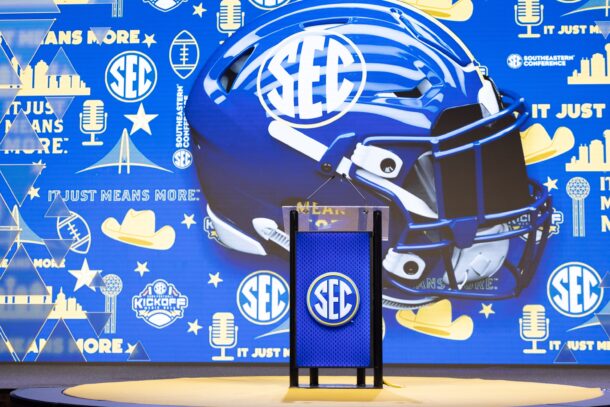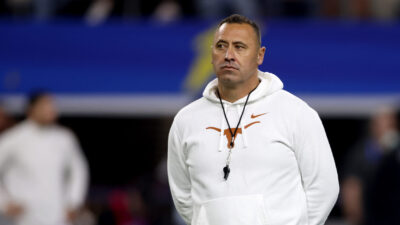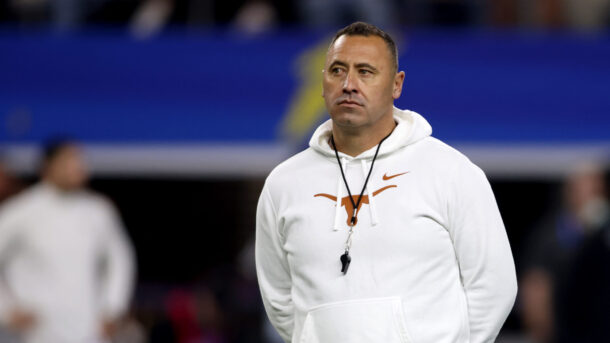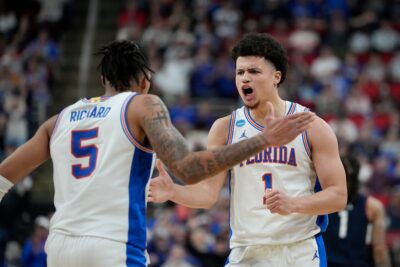Ad Disclosure
Potentially massive changes in college football can’t penetrate Saban’s focus
TUSCALOOSA, Ala. _ When training camp begins, and the players start practicing on a regular basis, University of Alabama coach Nick Saban doesn’t notice a lot of what’s going on outside of football.
When asked earlier this week about Thursday’s vote by the NCAA Division I board of directors to grant the biggest five conferences more autonomy, the coach said it’s not something he’s been keeping up with of late.
“Once we start practice, I don’t really read the paper. I don’t really know what’s flying around out there. It’s late when I get home,” he said. “I don’t know how it is at your house, but I don’t get to pick what me and Terry watch on TV. Whatever Miss Terry wants to watch, if it’s “The Love Boat,” I gotta watch The Love Boat so it doesn’t matter.”
Nevertheless, Saban has long been an advocate for student-athletes to get more benefits. Among those that might quickly get proposed include stipends to help pay the full costs of enrollment, healthcare benefits, insurance issues, and multi-year scholarships.
Saban did comment on that last issue Tuesday:
“I think that the perception out there is that the four-year scholarship is better for the player,” he said. “If that’s the perception, that’s OK with me. We certainly do that here because we want our families and people who are involved in our program to feel the utmost security.”
Although the NCAA voted in 2012 to allow multi-year scholarships, instead of just for one year at a time, there was no provision requiring schools to do so. According to a report by the Chronicle for Higher Education, only six schools offered more than 24 that initial first year: Florida (60), Ohio State (47), North Carolina State (40), Michigan State (30), Arizona State (27) and Auburn (27).
However, most academic scholarships are for one year and can be revoked if a student doesn’t maintain certain standards. The annual renewal also helps prevent lawsuits from those who had their scholarships revoked for violating rules.
“When you were on a one-year scholarship, you couldn’t just take a guy’s scholarship away just to take it away,” Saban said. “It had to be something that was sort of university policy and athletic department policy or something that the guy violated to be able to take it away. The guy had a one-year scholarship that was automatically renewed for four or five years. Now, even though a guy has a four-year scholarship, he still can have his scholarship taken away for the same violation of the same kind of rules.
“Perception-wise, I think a lot of people think it’s better for the players, and therefore that’s what we love to do and we want them to feel comfortable. But in reality, there’s not a whole lot of difference. There’s still a lot of responsibility that a player has to do what’s right in terms of his part of the bargain, in terms of how he represents himself, his family, the university, the kind of student he is. It has nothing to do with athletic ability, and that’s true in every sport.”
On Thursday, Saban was also asked about the SEC Network, and if it placed any extra demands on him or the coaching staff. Earlier this week South Carolina’s Steve Spurrier expressed concern about the new network’s access.
“I’m sure the SEC Network itself is going to have to do a lot with each and every team in our league to get content for what they want to do to try and promote football, our league, our team,” Saban said. “I think it’s great, I think it’s great exposure.
“I think there’s a lot of people in this part of the country and all over the country who are really interested in the SEC and I think that there will be some obligations from a network standpoint that I would say that every coach in the league sort of welcomes relative to what it can do for the league and the exposure it can give your particular school or program.”
Christopher Walsh has covered Alabama football since 2004 and is the author of 19 books. In his free time, he writes about college football.




